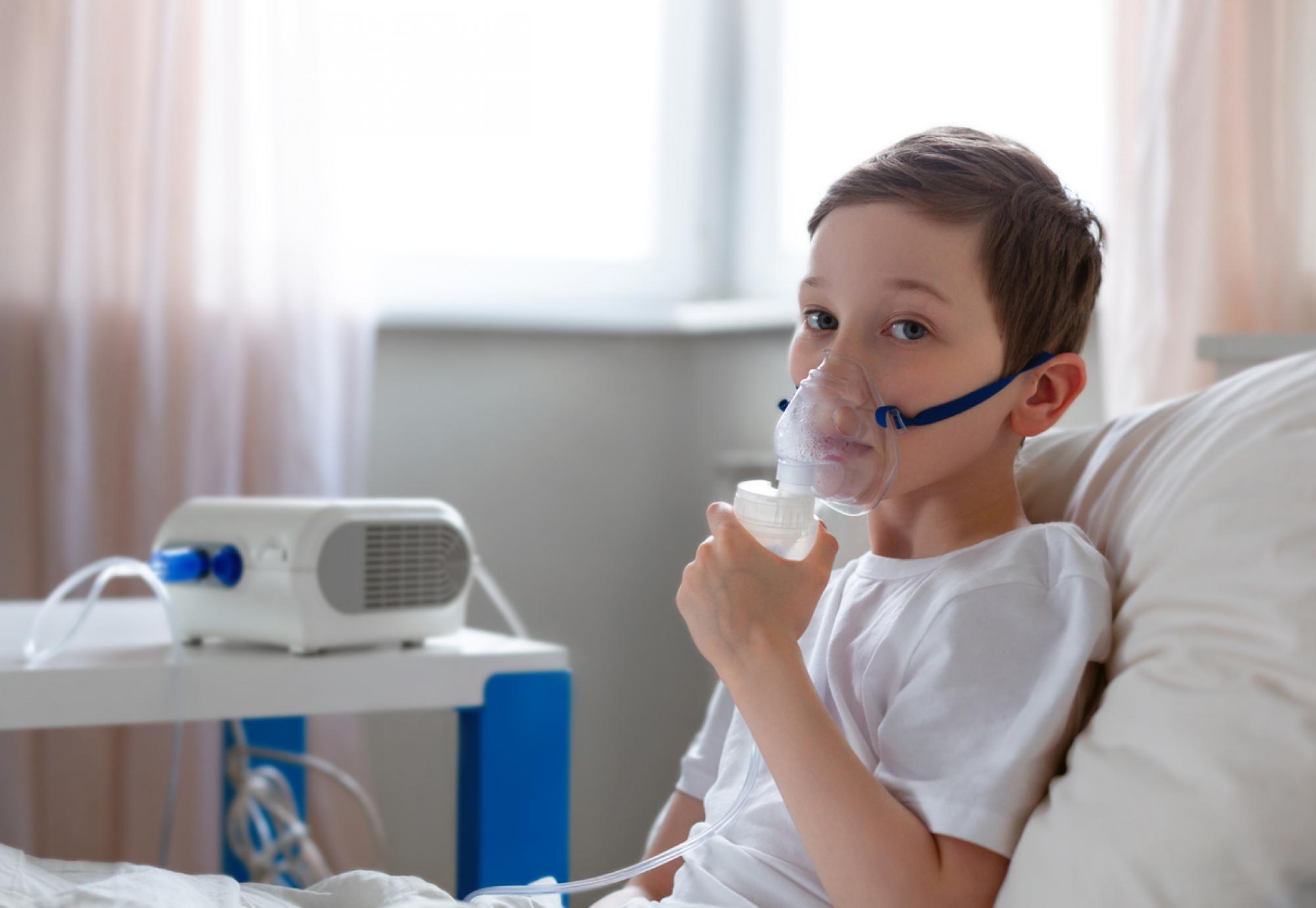A new technology that could support care for children and young people with Cystic Fibrosis (CF) has been developed by Dr Nicole Filipow at Great Ormond Street Hospital.
The new technology could further aid treatment decisions for CF patients, by giving clinicians the most amount of time possible to evaluate each individual situation on a case-by-case basis.
Each child or young person with CF experiences their own different and unique effects to the disorder, which means they require individual treatment plans.
By using machine learning algorithms to find subgroups of the disease, the researchers hope they can garner a greater understanding of an individual’s health status and any potential patient outcomes.
Dr Nicole Filipow’s research found that four clusters were found to be associated with patient outcomes. Those outcomes were:
- Time to future hospitalisation
- Future requirement of antibiotics
- The worsening of lung function
The clusters were also linked with different disease-related variables like treatment history, comorbidities, and infections.
Great Ormond Street Hospital for Children NHS Foundation Trust said: “The new technology developed by Nicole could one day be used in children’s hospitals across the world to support clinical decision making. This work has shown that technology can be developed to utilise data routinely collected in electronic health records, for further patient benefits.
“But the healthcare sector, including leaders in the NHS, academia and the technology industry need to work together to provide a roadmap for how technology developed in research can be translated into clinical care more effectively.”
As part of her work, Dr Filipow investigated why despite the high prevalence of machine learning algorithms developed across the world, not many are used within the health sector. Her research found that the main barriers to the introduction of such techniques are the lack of studies demonstrating consistent results using models and the accuracy of them compared to other methods.
More information about Dr Nicole Filipow’s work and what it means is available here.
Also, don’t forget to register for our Digital Health virtual event on the 21st of July, if you want to know about all the latest digital innovations across the NHS.



















